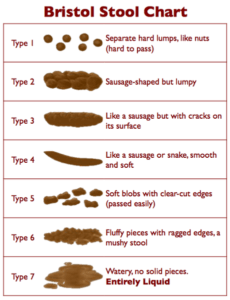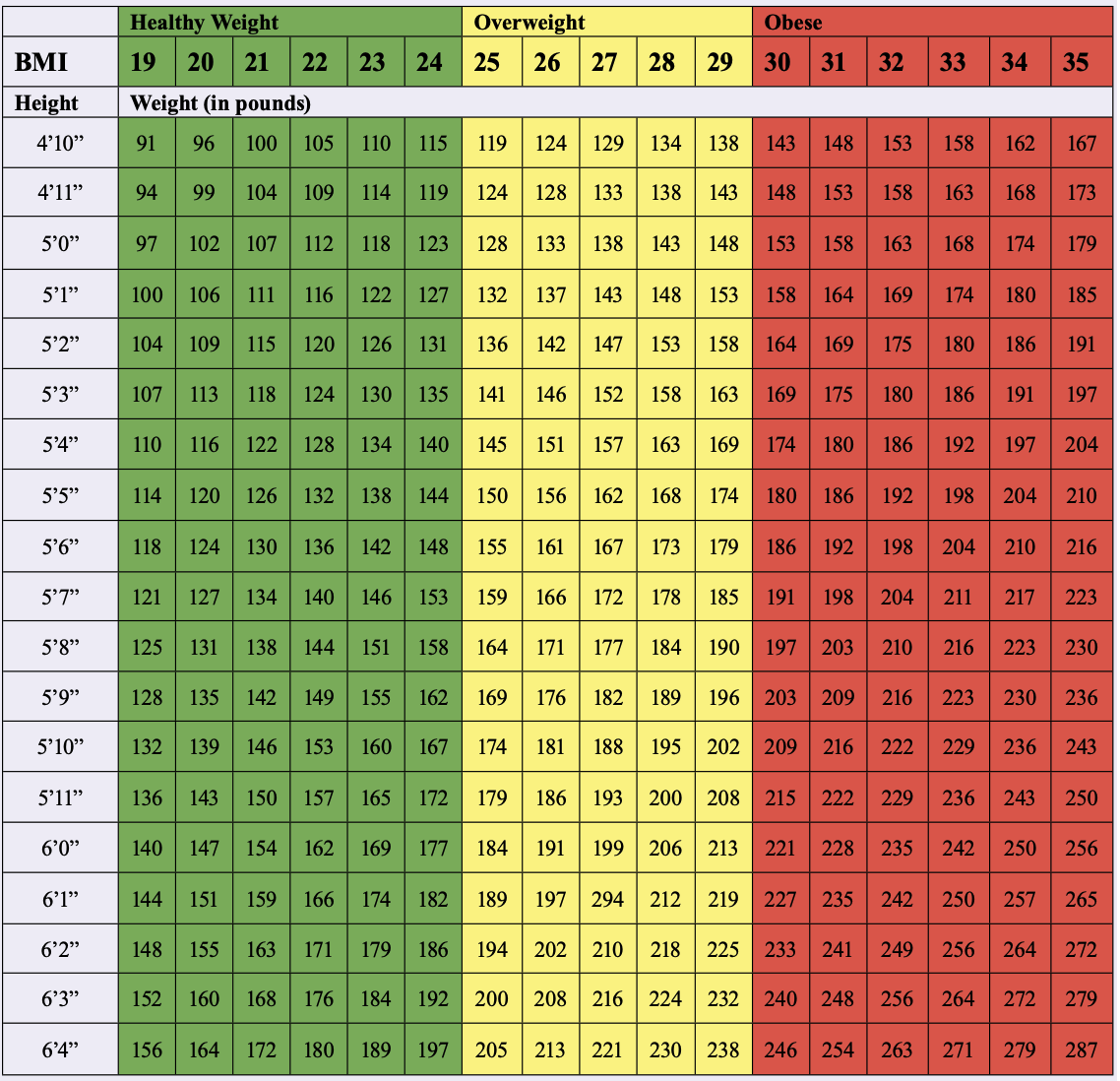Donating to a good cause in any capacity is a noble thing to do—and that’s why you should consider becoming a stool donor.
Now, you may be thinking, “Why would anyone want my poop?” Well, it isn’t actually your poop that we’re after. We’re looking for specific bacteria—selected for their pharmacological properties—that may be present in your poop. If they are, we isolate these bacteria to be used for the development of potential therapeutic treatments for people suffering from serious diseases, such as recurrent C. diff.
Now that you know the potential impact that donating your poop can have, we hope you’ll be interested in becoming a stool donor. Participants must satisfy stool donor requirements that cover current medical and family health history as well as certain aspects of your lifestyle. Think you’ve got what it takes? Read through some initial requirements below to find out if you could potentially qualify.
Table of Contents
1. Do you have regular bowel movements?
2. Are you between the ages of 18 and 50?
3. Do you meet our BMI requirement?
4. Do you smoke?
5. Do you have a history of GI disease or alcohol/drug abuse
6. Are you pregnant?
7. Do you live or work near a donation center?
8. Do you have time to donate at a center 3-6 times weekly?
GoodNature’s Stool Donor Requirements
If you’re interested in participating in the GoodNature Program, you must first satisfy our donor qualifications and then complete our multi-step donor screening process. Start by reading through the following seven requirements to see if you are potentially eligible before moving forward. If all of the requirements sound like you, there’s a chance that you may have the microbes that we’re looking for. The GoodNature Program is a wonderful opportunity to potentially make a difference in the lives of those who have serious diseases, such as recurrent C. diff.
1. Do you have regular bowel movements?
Everybody poops, but not all stool is created equal. What we mean by this is that stool can come in various shapes, sizes, and firmness. Researchers at the Bristol Royal Infirmary—a hospital in Bristol, England—have developed a visual guide for stools known as the Bristol Stool Form (BSF) Scale, which helps us distinguish abnormal stool from “healthy” stool.
For our stool donation program, we seek donors with regular bowel movements of the Types 4 and 5 varieties on the Bristol stool chart. Ideally, you also poop an average of one to three times a day and maintain a consistent diet and routine. We seek consistent quality and quantity of stool from our donors, thus regular bowel movements sit atop the list of our stool donor qualifications.
2. Are you between the ages of 18 and 50?
The GoodNature Stool Donation Program requires that our participants be between the ages of 18 and 50. If you do not fall between the ages of 18 and 50, unfortunately, you are not able to participate in the program at this time.*
*You may still be a part of the GoodNature Research and Development program, however, so don’t forget to opt in to learn about those opportunities when you apply or you can do so at any time here.
3. Do you meet our BMI requirement?
In order to participate, you must fall into our acceptable BMI range. GoodNature donors should have a BMI that falls between 18.5 and 29.9, a range that the CDC classifies as generally healthy. 1 You can calculate your BMI with the adult BMI calculator found here. Feel free to also consult the weight chart below for a better idea of a healthy weight for individuals of a given height.
Please note that while BMI can be used as a screening tool, it is not diagnostic of the health of an individual. You should consult a trained healthcare provider for proper health assessments whenever evaluating health status and/or risks.
4. Do you smoke?
In order to be eligible to become a donor with the GoodNature Program, you must be a nonsmoker. If you are a regular smoker, unfortunately, you are unable to participate in the program at this time.
5. Do you have a history of GI disease or alcohol/drug abuse?
We seek individuals with no history of gastrointestinal disease. Some of the most common GI diseases are irritable bowel syndrome (IBS), inflammatory bowel disease (IBD), Crohn’s disease, ulcerative colitis, and Clostridioides difficile.
We also require that participants have no history of alcohol or drug abuse. This is due to concerns brought up in research over the potential for substance abuse to alter the gut microbiome. 2
6. Are you pregnant?
We do not currently allow pregnant women to participate in the program. During pregnancy, the rise in estrogen and progesterone levels in the mother’s body may alter gut function and microbiome composition.3 For the purpose of our program, we are seeking consistency from your microbiome. Unfortunately, for this reason, you will not be able to participate if you are currently pregnant. We do, however, encourage you to keep us in mind for the future.
7. Do you live or work near a donation center?
In order to be eligible to become a GoodNature donor, you must live or work near one of our donation centers. Our centers are open before work hours and during lunchtime to make it as easy as possible to fit into your daily schedule. We currently have two centers:
- Irvine, CA: 14351 Myford Rd, Suite 218, Tustin, CA 92780
- Tempe, AZ: 725 S Rural Rd, Suite 207, Tempe, AZ 85288
If you live near one of these areas, we would love to meet you! In addition to living near a donation center, we expect our donors to visit their local center to make a donation four to six times per week. We will always do the best we can to be flexible for our donors and work with you so you can make your donation center visits a regular part of your weekly routine.
8. Do you have time to donate at a center 3-6 times weekly?
As noted above, successful donor candidates typically live or work 15-20 minutes from one of our GoodNature centers. In addition to living near a donation center, we expect our donors to visit their local center to make a donation three to six times per week. Donors who cannot meet these expectations may be discontinued from the program. We will always do the best we can to be flexible for our donors and work with you so you can make your donation center visits a regular part of your weekly routine.
Welcome to the GoodNature Program
If you’ve made it this far, we’re hopeful that all of the above descriptions apply to you. If that is the case, we invite you to get started, apply now! If it's determined that you qualify for the program, you can expect to be contacted for next steps. If you have more questions about what we do, you can visit our FAQ to learn more. We appreciate your interest in the GoodNature Stool Donation Program!
If you’d like to stay in the know on the benefits of stool donation, you can also join our mailing list. Make sure to express interest in being a donor for research and development too. If you’re not qualified to be a daily donor, you may be able to support future research instead.
1Assessing Your Weight. Centers for Disease Control and Prevention. Published September 17, 2020.
2Zhou Y, Weinstock GM, Bubier JA, Russell JT. The Gut Microbiome and Substance Use Disorder. Frontiers in Neuroscience. Published August 31, 2021.
3Edwards SM, Cunningham SA, Dunlop AL, Corwin EJ. The Maternal Gut Microbiome During Pregnancy. MCN Am J Matern Child Nurs. 2017;42(6):310-317. doi:10.1097/NMC.0000000000000372







